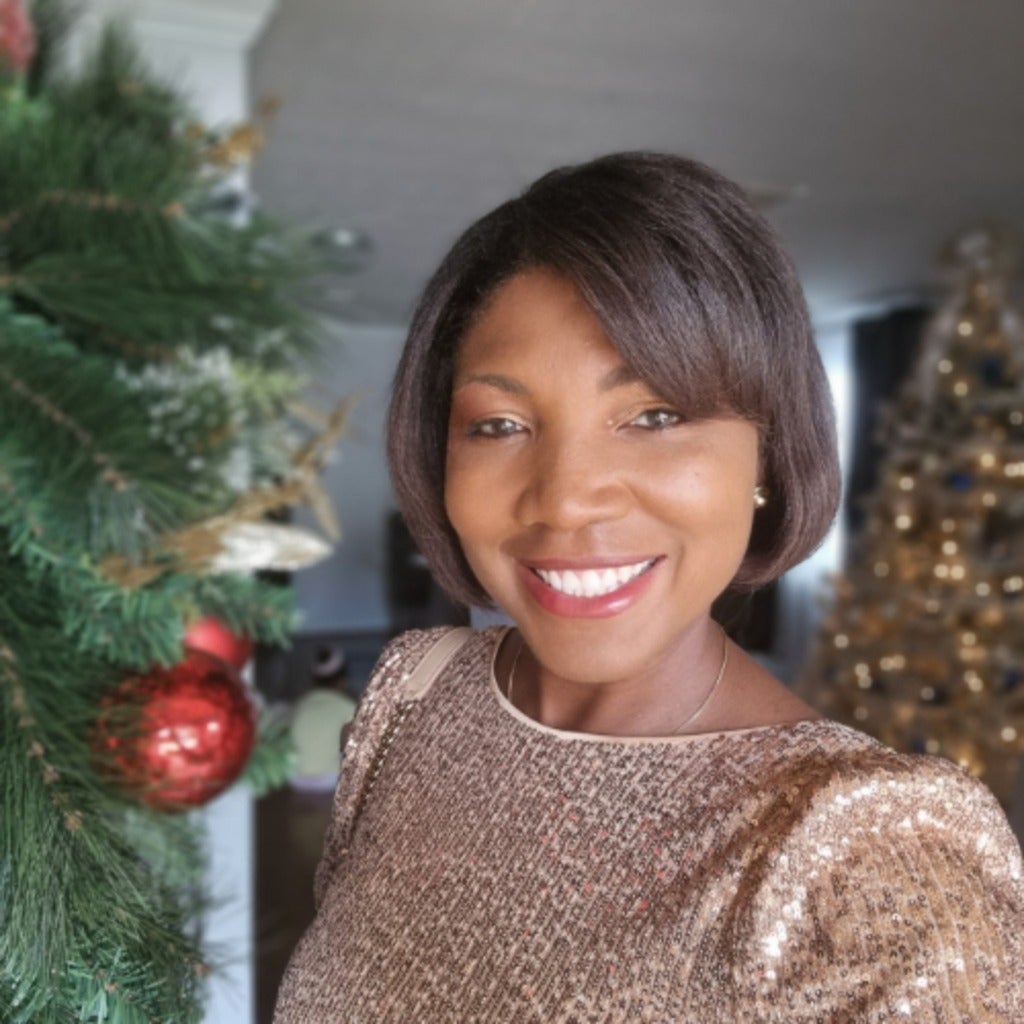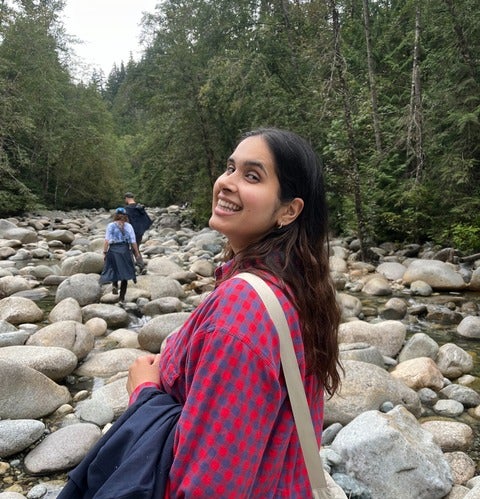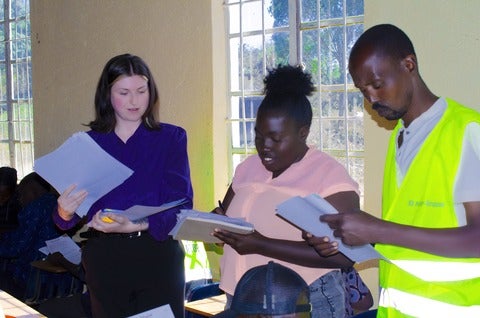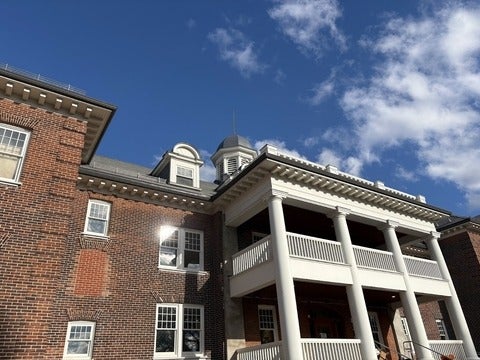Julie-Ann Ellis-Bradley and her evolved approach to conflict and law
Julie-Ann Ellis-Bradley is a final year Master of Peace and Conflict Studies student at Conrad Grebel University College, affiliated with the University of Waterloo. Julie-Ann is an attorney who has worked in mediation and practiced law in Belize for over 17 years. In that time, Julie-Ann realized that navigating conflict is a critical life skill, and conflict management is a powerful tool to have in all relationships.









